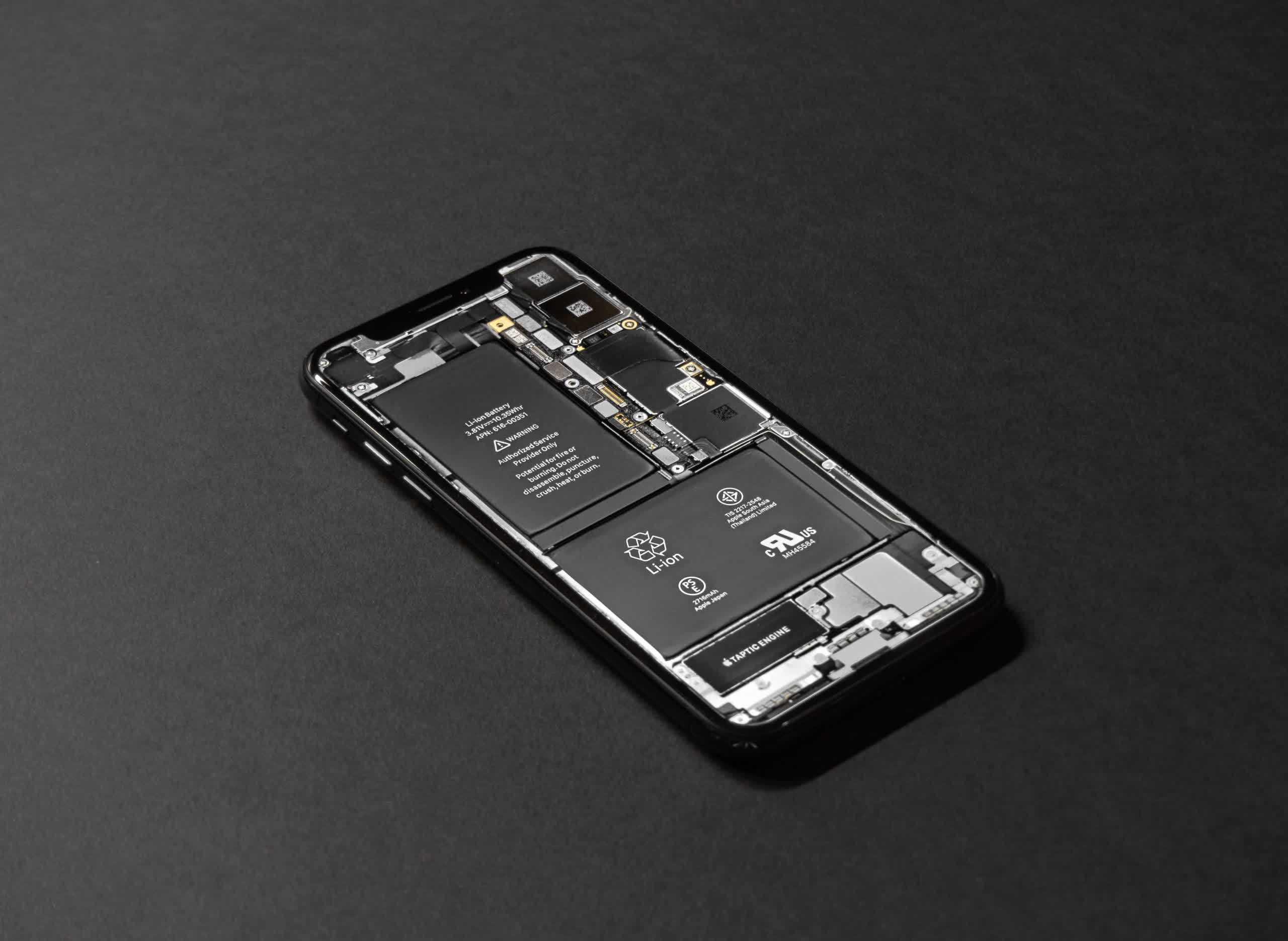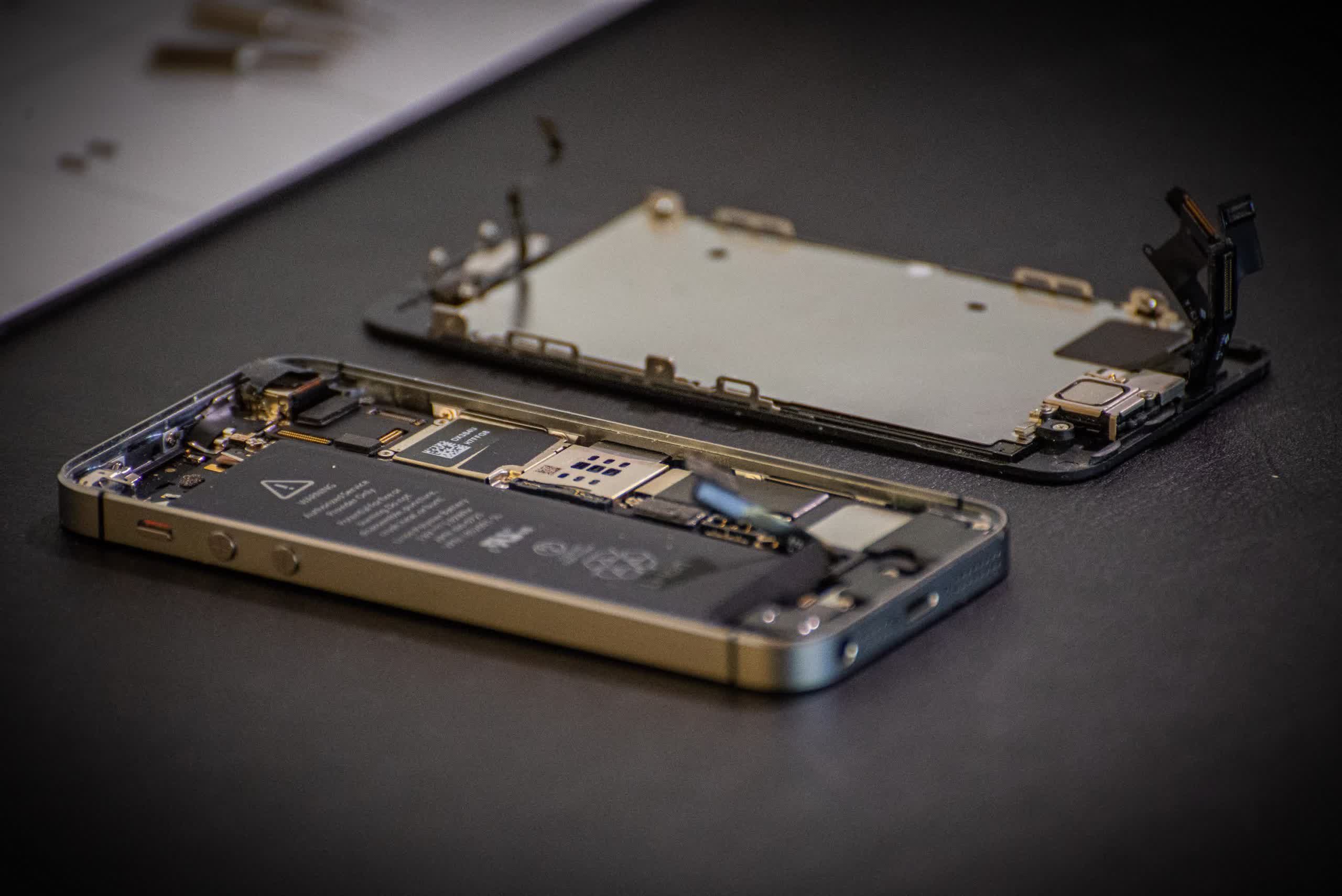What just happened? States across the US have passed increasingly ambitious right-to-repair (R2R) laws since late last year. California has historically been a trendsetter on the R2R front, despite not being able to get a law over the finish line. The state's latest legislation finally passed, showing that R2R advocates have gained some traction as manufacturers loosen their grip on parts and repair manuals.

California has become the third US state to pass a right-to-repair bill for consumer electronics. After a unanimous vote in favor, Sacramento lawmakers expect Governor Gavin Newsom to sign the bill into law.
Senate Bill 244 (SB-244) contains more consumer protections than similar laws passed in New York and Minnesota. It stipulates that for electronics costing between $50 and $100, manufacturers must provide consumers and independent repair shops with replacement parts and repair manuals for three years after the initial manufacture date. That timespan extends to seven years for devices costing over $100. Although the law goes into effect on July 1, 2024, it applies retroactively to products manufactured after July 1, 2021.
The law mainly applies to devices like phones, tablets, laptops, and other general-purpose appliances, but not alarm systems or video game consoles. Although manufacturers extracted fewer concessions in California than Minnesota or New York, a few significant ones remain.

First, the bill doesn't require companies to provide instructions for bypassing security measures, which can often prove a significant obstacle to independent repairs. John Deere is notorious for using software locks to force users to spend extra money on first-party maintenance and replacements.
Another caveat to the California bill is that independent repair vendors must disclose when they use refurbished replacement parts or originate components from third-party makers. This condition could affect how companies handle issues such as official repairs or warranties.
These conditions likely led to Apple supporting SB-244 – a surprising outcome given the company's historically fierce opposition to past right-to-repair proposals. However, the Cupertino powerhouse has recently relaxed its opposition to R2R by putting forth independent repair initiatives. It established a self-repair program in the US, which provides parts, tools, and instructions for repairing numerous products from the company. It also expanded that program to Europe last December.
Microsoft is another tech giant recently embracing right-to-repair, selling replacement parts for Surface devices directly to consumers. Last year, Samsung and Google began cooperating with iFixit to enable self-repairs for its Galaxy and Pixel products, respectively.